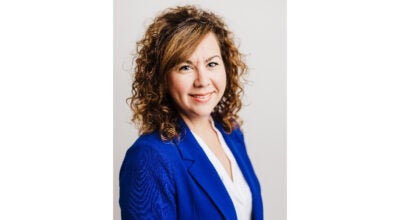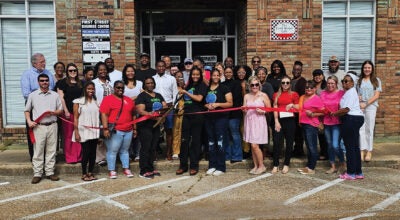How to decide when to retire
Published 7:17 pm Friday, December 1, 2017
Assessing your readiness to retire is one of the most important decisions you will make in your career and your life. The big picture of your life and the details of your financial and emotional status must be considered in order to determine the right time to retire.
Should you retire early, work until full retirement age or work beyond your normal retirement date? Only you can decide.
Everyone’s situation is different. There are assessments, many of which are available at no cost, that can be taken to help you determine when you are ready.
Some of the things to consider when making this decision include the following.
• Medicare
• Social Security
• Medical benefits, i.e. Medicare supplements, COBRA benefits, etc.
• Assets
• Debt situation
• Physical status
• Tax situation
• Family dependents
• Financial overview — projection for length of life
A person cannot depend on the government to fully fund their retirement. If you haven’t planned ahead and saved, you will come up very short.
Often young workers don’t believe they can afford to save for retirement with all the demands in their lives, raising a family and meeting current expenses. However, this is the right time to begin saving by putting aside monies for the future.
Seek advice from a competent financial advisor/planner. Calculate the amount of money that will be needed in order to have a comfortable retirement. A plan in advance is needed in order to reach those goals.
There are many questions to ask yourself to determine when the time is right. Financial considerations are vital but personal and family situations should also be considered and weighed out.
Ask yourself the following questions.
1. What will I do with my time? Do you have hobbies you enjoy? Do you like to travel? Do you have others who are still dependent on you for their support? You will have more leisure time than ever and adjustments will need to be made. Make a bucket list.
2. Will I be happy not working? Will I be able to continue my lifestyle as I am accustomed? Making some changes in relationships will most likely come. Preparing on how to spend your time socially and with whom you will be connected is important. You may need to face up to a desire to never retire.
3. Am I ready for this new phase in my life? Am I ready to enter an unknown territory? Preparing for the stress (a different kind than working stress) of managing time with my spouse or significant other is important. Many couples find themselves spending more time together than they have since the early days of their marriage and before children were born.
4. Am I prepared for a change in communications? You may be accustomed to an abundance of emails in your work and even though you may look forward to that, it does require an adjustment. There will be an absence of incoming communication. You may need to initiate more communication with others.
5. Are you ready to renew old acquaintances and make new friends? Many of your best friends have been made with work relationships in your long career and the association will change. You have to move on and so do your former co-worker friends.
6. What is my health situation? Being healthy will allow for enjoying many things you have looked forward to in retirement. A lack of good health will impede plans for travel and other activities.
7. Are you ready to live on less? Most people will experience less income after retirement. Making adjustments in your life style, buying habits, etc. may be necessary.
Retirement, along with marriage, having children, divorce, and moving, is one of the biggest life transitions you will ever encounter. Research has shown that the happiest retirees started planning for retirement at least 5 years before their retirement date and saved all of their working years.
Don’t wait until the last minute to make your decision, such as when your company offers an early retirement program. If you are a type “A” personality or an overachiever you may find yourself bored after a few months of retirement. You will need projects to work on and something to invest your time in to have a successful retirement.
After retirement spouses are usually together more than they have been since the early days of their marriage. Any cracks in the marriage relationship deepen into crevasses and the emotional distance often grows. Financial issues can put a strain on the relationship and if the money runs out they have to face each other and the serious issues it brings. Often divorce becomes the choice.
Planning ahead is the key to a successful retirement, both financially and emotionally. Recognizing many adjustments will need to be made is the first step in working through your retirement check list.
This is a complex decision and you can ensure you get off on the right foot by considering many of the ideas listed above. Retirement can be the “golden years” you have looked forward to and truly be what you have desired for a fulfilling retired life at the end of your career.
Enjoy your journey through life making the best of each day, spending more time with family, doing those things you enjoy and stretching out the quality of life along the way.
Becky Vaughn-Furlow retired from Trustmark Bank as executive vice president and human resources director. She can be contacted by emailing bvaughnfurlow@gmail.com.





